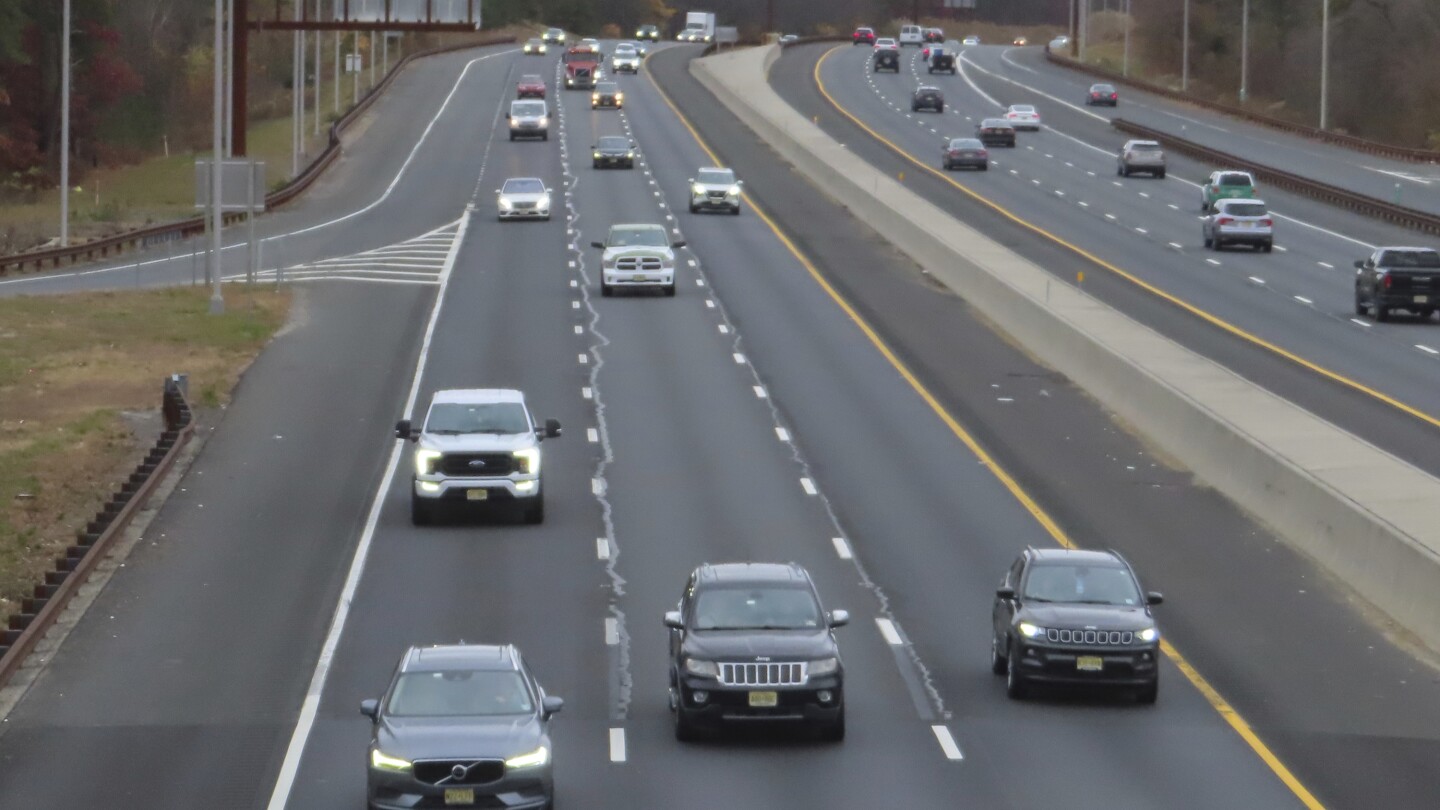New Jersey will prohibit the sale of new gasoline-powered vehicles by 2035 as part of an effort to improve air quality and reduce planet-warming pollutants, officials announced Tuesday.
A rule that will take effect Jan. 1 commits the state to an eventual move toward zero-emission vehicles, the state Department of Environmental Protection said in a news release.
It is one of a growing number of states to do so, including California, Vermont, New York, Washington, Oregon, Massachusetts, Virginia, Rhode Island, Maryland and Connecticut, according to Coltura, a Seattle-based nonprofit advocating for an end to gasoline vehicle use.
New Jersey will start limiting the amount of new gasoline-powered cars that can be sold in the state starting in 2027, eventually reaching zero in 2035.



I get what you’re saying and that’s obviously a concern, but at the same time… doesn’t it have to be reasonably far in the future? We don’t have either the infrastructure or even enough supply of EVs to change this too quickly.
That said, I wish they’d use a gradual approach. Start ramping up taxes on gasoline with the proceeds entirely going to EV infrastructure (and similar for purchasing new gasoline vehicles and licensing existing vehicles). Start small and increase as we get closer to the cutoff date. Start limiting gas station development and create zoning regulations for EV infrastructure (especially charging for apartments, which is a huge gap). Make all the laws ramp up gradually so that it’s always small, incremental changes that are never too difficult to do at a time, but will get us in a better place in 10-15 years.
The used car market will still go strong for years to come. Few people will be forced to buy an EV until probably at least 2040-2050.
Get your new gas car in 2034, drive it for ten years, probably be able to pick up a lower mileage used one in 2045 drive it for another 5 years. Buy an EV in 2050 when all the kinks and infrastructure has been ironed out.
This is a gradual approach. The problem is, even the first step of that approach is several years away. The infrastructure needs to start being built now, with priority. And while more would be great, its not like we dont already have electrical infrastructure, every home with electricity is already capable of charging an EV.
We are so shamefully behind on taking action that we are still increasing oil production!